CURRICULUM
Language: Students will learn composition, grammar, sentence parts, parts of speech (nouns, pronouns, adjectives, verbs, prepositions, and adverbs). A series of compositions are written using the writing process-prewriting, draft, revision, and final draft. Compositions include descriptive paragraph, story, persuasive letter, How-to paragraph, review, compare and contrast paragraphs, poem, and research papers.
Penmanship: They learn the proper way to hold their pencil and how to form each letter. The capital and lower case letters are introduced and the children work on improving in form, neatness, slant, size, margin, spacing, alignment, and intensity in cursive handwriting.
Reading: Spelling words and the challenge words are incorporated into the reading stories to make for ease in oral reading. Focus skills (such a narrative elements, inference, summary, etc) are taught with the stories each week, along with comprehension and oral reading skills. Vocabulary words are read and understood through context. Participation in the Book-It program is optional. Academic progress and guided instruction are monitored through online diagnostic testing, three times a year.
Math: Children work with individual clocks, counting boards, shapes, play money, fraction bars, solid figures, etc. A classroom number line is also provided. Children make a multiplication chart to help them learn the times tables. Children learn place value, comparing numbers, ordering numbers, and addition and subtraction. Academic progress and guided instruction are monitored through online diagnostic testing, three times a year.
History: Historical figures are brought to life as they learn about reading time lines. They learn a character’s life and how he/she lived in that period of time. They start American History with Christopher Columbus in the fifteen century to Billy Sunday in the twentieth century. Students honor African American historic figures through written and oral reports. Geography and map reading skills help them learn the continents and oceans.
Science: The major areas of study are the nervous system, plants, animals and their habitats. They enjoy putting together a leaf collection and animal booklet.
Health: The importance of good posture and the skeletal system, nutrition, balanced diet. Children draw balanced meals and evaluate their diets after recording their food intake for a week. Exercise, cleanliness, fighting disease, dental health, and first aid. Most importantly, spiritual, social, and mental health.
SPECIAL SUBJECTS
Art, Chapel, Missions, Physical Education, Spanish, Music
ACADEMIC EVALUATION
Students are assessed by qualified teachers using both objective and subjective data to determine grade level readiness. Grading is completed during four (nine-week) report periods. Parent conferences are held following the first grading period. Additional conferences are scheduled upon request.


